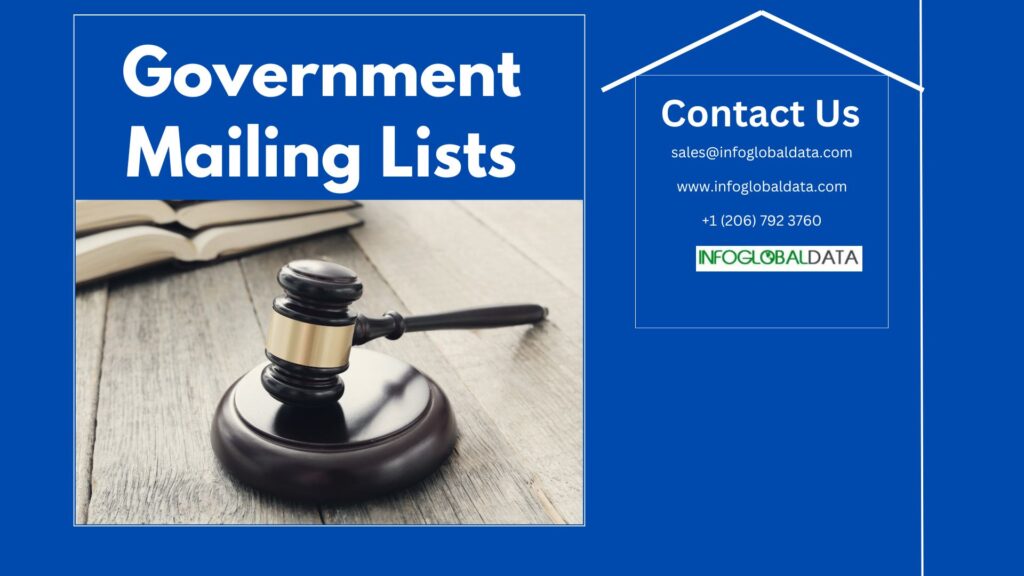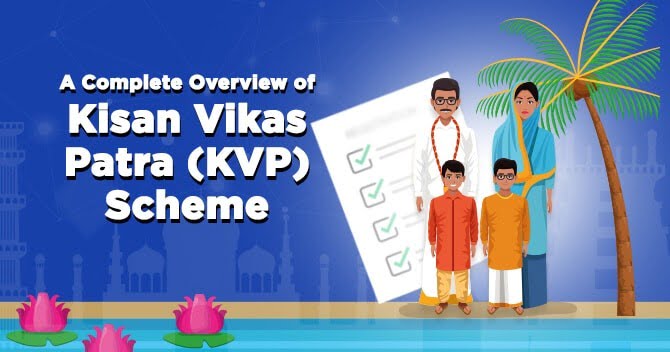
Government mailing lists have become a common part of our digital lives. Whether we sign up voluntarily or our information is automatically added to these lists, government agencies regularly send out newsletters, updates, and announcements. While it may seem harmless to stay subscribed, the truth is that many of these mailing lists can quickly overwhelm your inbox and lack relevance to your specific interests. In this article, we will uncover the shocking truth about government mailing lists and reveal the top 10 lists you need to unsubscribe from immediately.
The Importance of Government Mailing Lists
Government mailing lists are established to keep citizens informed about various governmental activities, policies, and initiatives. They serve as a means of communication between the government and the public, aiming to provide valuable information and updates. Additionally, they can be a way to promote transparency and engage citizens in matters that affect them.
Government agencies often collect contact information from citizens for a variety of reasons, such as sending updates, newsletters, and alerts. While these emails can provide important information, they can also clog up your inbox and distract you from more important messages. Here are the top 10 government mailing lists you need to unsubscribe from now:
White House Updates
While it may seem important to stay up-to-date on White House news, the volume of emails can be overwhelming. Unless you work in politics or have a specific interest in government affairs, it’s best to unsubscribe from this list.
Department of Defense News
The Department of Defense sends out frequent emails about military news and updates. Unless you have a personal connection to the military or work in a related field, you may want to unsubscribe from this list.
IRS Tax Tips
The IRS sends out tax tips and reminders throughout the year. While these can be helpful, they may also clutter your inbox. If you’re already familiar with tax laws and regulations, it may be best to unsubscribe.
Government tax updates and reminders can be particularly overwhelming, especially during tax season. While staying informed about changes in tax laws is essential, subscribing to these mailing lists can lead to a barrage of emails that add to your inbox chaos.
Social Security Administration Updates
The Social Security Administration sends out updates and newsletters about social security benefits and programs. If you’re not currently receiving social security benefits or are not planning to in the near future, it may be best to unsubscribe.
Centres for Disease Control and Prevention (CDC) Health Alerts
The CDC sends out health alerts and updates related to disease outbreaks and public health emergencies. While these emails can be important for public safety, they may also cause unnecessary worry. If you don’t work in public health or have a specific need for this information, it may be best to unsubscribe.
Governments frequently issue health alerts and updates regarding pandemics, vaccinations, and other public health concerns. While staying informed is crucial, receiving multiple emails on the same topic can become overwhelming. Unsubscribing from redundant health alert lists can help you stay well-informed without drowning in an overflow of repetitive information.
Department of Transportation News
Are you tired of receiving endless updates on public transportation schedules and delays? While some of these notifications can be helpful, they often flood your inbox, making it difficult to find other important emails. Unsubscribing from these lists can help streamline your digital life.
The Department of Transportation sends out news and updates about transportation regulations and safety. Unless you work in the transportation industry or have a specific interest in this topic, it may be best to unsubscribe.
National Aeronautics and Space Administration (NASA) News
NASA sends out frequent updates and newsletters about space exploration and scientific discoveries. While these emails can be interesting, they may not be relevant to your personal or professional life. If you’re not an astronomy enthusiast or work in a related field, it may be best to unsubscribe.
Environmental Protection Agency (EPA) News
The EPA sends out news and updates about environmental regulations and initiatives. Unless you work in the environmental field or have a specific interest in this topic, it may be best to unsubscribe.
Environmental concerns are paramount in today’s world. However, the multitude of emails from government agencies promoting various green initiatives can clutter your inbox. Unsubscribing from redundant environmental mailing lists can help you focus on the initiatives that resonate with your personal values.
Department of Education Updates
The Department of Education sends out updates and newsletters about education policies and initiatives. Unless you work in education or have a specific interest in this topic, it may be best to unsubscribe.
Federal Trade Commission (FTC) Consumer Alerts
The FTC sends out consumer alerts about scams, identity theft, and other consumer protection issues. While these alerts can be helpful, they may also cause unnecessary worry. If you’re not a victim of consumer fraud or have a specific need for this information, it may be best to unsubscribe.
It’s important to regularly review your email subscriptions and unsubscribe from any lists that are no longer relevant or useful. This will help de clutter your inbox and make room for more important messages.
By now, it’s clear that government mailing lists can easily overwhelm our inboxes and hinder our productivity. While the intention behind these lists is to keep citizens informed and engaged, the sheer volume of emails can often have the opposite effect, leaving us feeling buried under a mountain of digital clutter.
In the upcoming sections of this article, we will delve into each of the aforementioned government mailing lists in detail, exploring the reasons why unsubscribing from them can significantly improve your email experience. We will also provide practical tips and step-by-step instructions on how to unsubscribe from these lists, ensuring that you regain control over your inbox and receive only the most relevant and important government communications.
Remember, staying informed and engaged is important, but so is maintaining a clutter-free and organized digital space. By taking charge of the government mailing lists you subscribe to, you can create a more streamlined and efficient email experience that allows you to focus on what truly matters to you.
So, prepare to be shocked as we uncover the truth behind these top ten government mailing lists that you need to unsubscribe from now. Get ready to regain control over your inbox, declutter your digital life, and discover a more balanced approach to staying informed in the digital age.
Stay tuned for the following sections where we will delve deeper into each mailing list, provide insights on why they can be overwhelming, and guide you through the process of unsubscribing. It’s time to take back control of your email communications and ensure that your inbox remains a space of productivity and relevance.
Conclusion
Government mailing lists can provide important information, but they can also clutter your inbox and distract you from more important messages. By unsubscribing from these top 10 government mailing lists, you can streamline your inbox and stay focused on what’s important.












